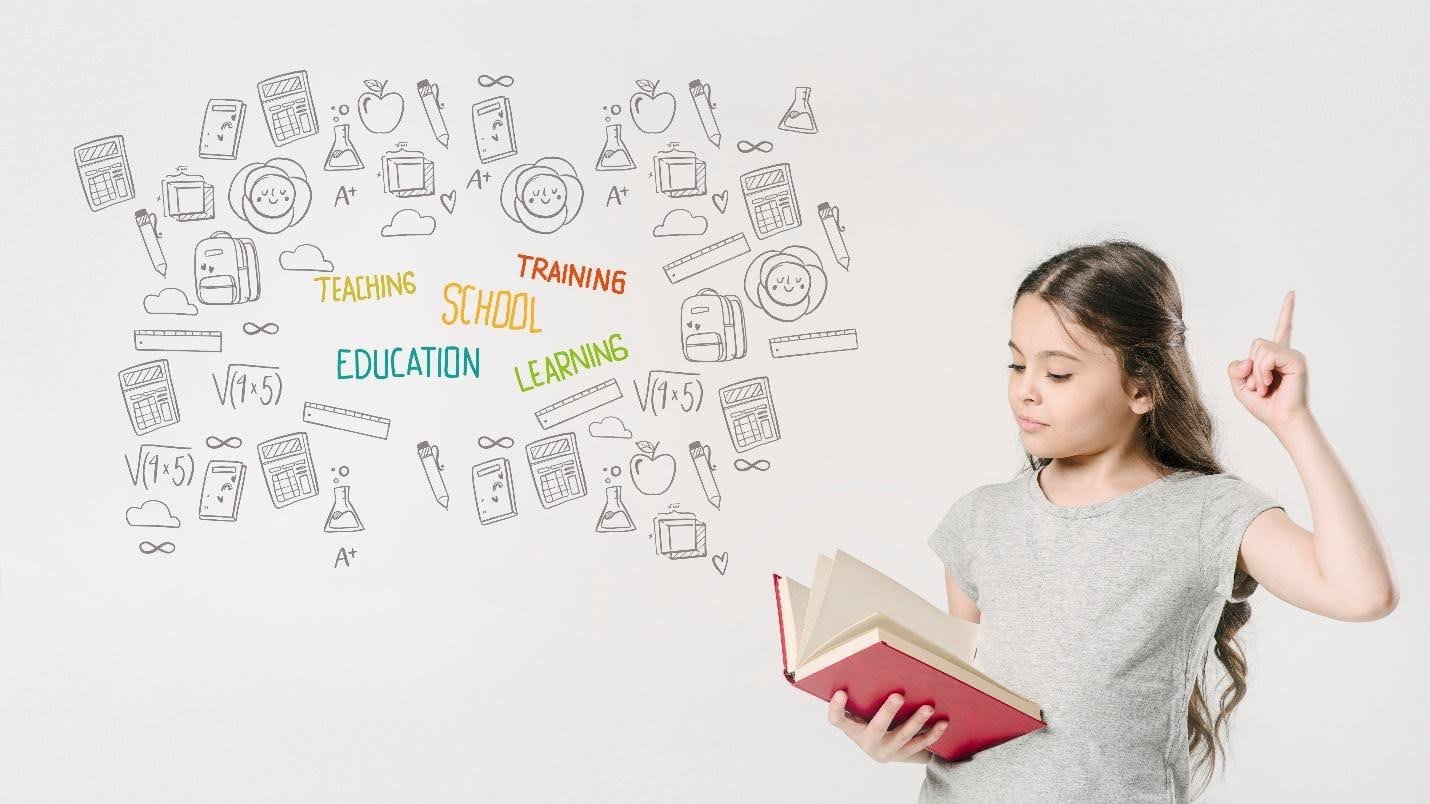What is Montessori Education? – A Comprehensive Guide for Parents

Introduction to Montessori Education
Montessori education is an alternative educational philosophy developed over 100 years ago that continues to gain global popularity. Focused on child-centered learning, it nurtures curiosity, independence, and respect for a child’s natural psychological development.
Table of Contents
ToggleUnlike traditional education models, Montessori classrooms are prepared environments where children take the lead in their learning.
History and Origins

Montessori education was developed by Dr. Maria Montessori, an Italian physician and educator, in the early 1900s. Her approach stemmed from scientific observations of how children learn from their environment.
The first Montessori school, Casa dei Bambini (Children’s House), opened in 1907 in Rome. Since then, the method has spread to over 140 countries and continues to evolve with modern pedagogy.

Core Principles of Montessori Education
Montessori education is based on several guiding principles:
1. Child-Centered Learning
Children choose activities based on their interests, allowing them to become self-motivated learners.
2. Prepared Environment
Classrooms are carefully arranged with specific learning materials designed to encourage exploration and discovery.
3. Auto-Education
Also called self-education, this principle emphasizes that children, when given the freedom and tools, can educate themselves.
4. Respect for the Child
Montessori educators view children as capable individuals with unique needs, interests, and potential.
5. Sensitive Periods
Children go through critical phases in development. Montessori education caters to these windows of opportunity for learning key skills.
Montessori Classroom Structure
Montessori classrooms differ significantly from traditional schools:
Aspect | Montessori Classroom | Traditional Classroom |
Age Groups | Mixed-age (e.g., 3–6 years) | Same-age students |
Teaching Style | Guide/Facilitator | Instructor/Authority |
Learning Style | Self-paced, hands-on | Lecture-based |
Assessment | Observational | Tests and grades |
Materials | Sensory, practical tools | Textbooks, worksheets |
Montessori classrooms emphasize freedom within limits. Children can move around, work in groups or alone, and engage in real-life tasks such as cooking, cleaning, or gardening.
Montessori vs Traditional Education
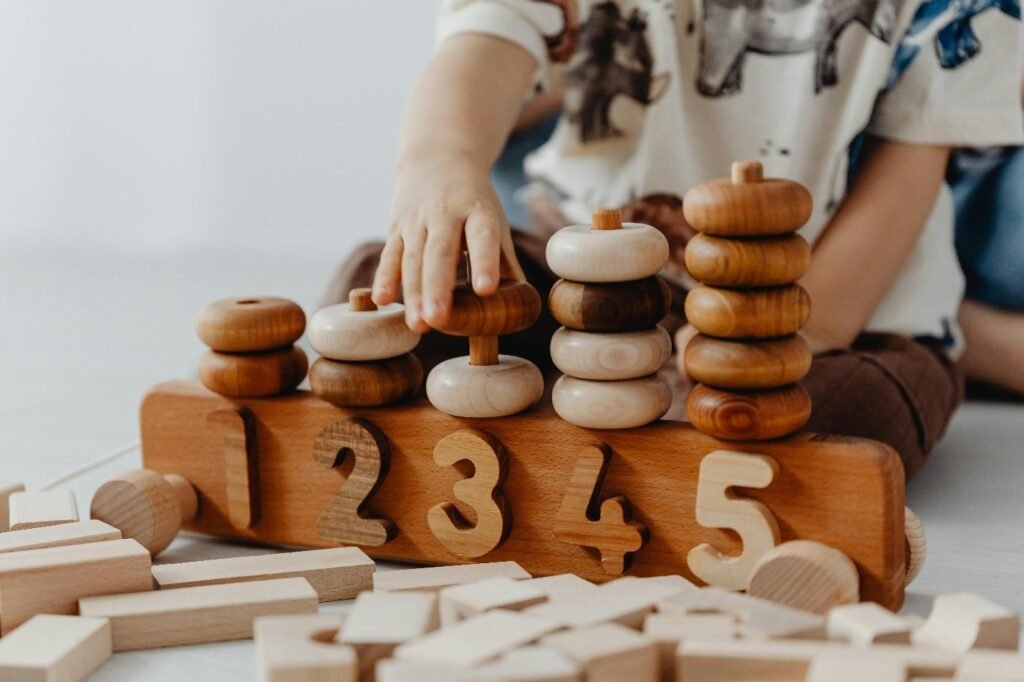
Here’s a breakdown of key differences:
– Curriculum Flexibility: Montessori allows flexibility and adaptation based on a child’s pace. Traditional models follow a fixed syllabus.
– Motivation: Montessori relies on intrinsic motivation, while traditional schools often rely on external rewards like grades or prizes.
– Role of the Teacher: In Montessori, the teacher observes and guides rather than lectures.
Explore a deeper comparison in this Montessori vs Traditional Education Guide.
Benefits of Montessori Education
1. Develops Independence
Montessori students learn to manage their time, take care of their surroundings, and solve problems independently.
2. Builds Social Skills
Mixed-age classrooms foster peer learning, mentoring, and collaboration.
3. Improves Focus and Discipline
Montessori materials are designed to build attention span and promote deep concentration.
4. Encourages Lifelong Learning
Children learn how to learn, not just what to learn.
5. Academic Excellence
Many studies show that Montessori students outperform peers academically and socially.
Is Montessori Right for Your Child?

Montessori may be an excellent choice if your child:
– Learns best through hands-on activities
– Enjoys making choices
– Struggles with traditional classroom structures
– Thrives in calm, respectful environments
However, children who require more structured direction may need time to adapt to a Montessori environment.
Montessori Education Worldwide
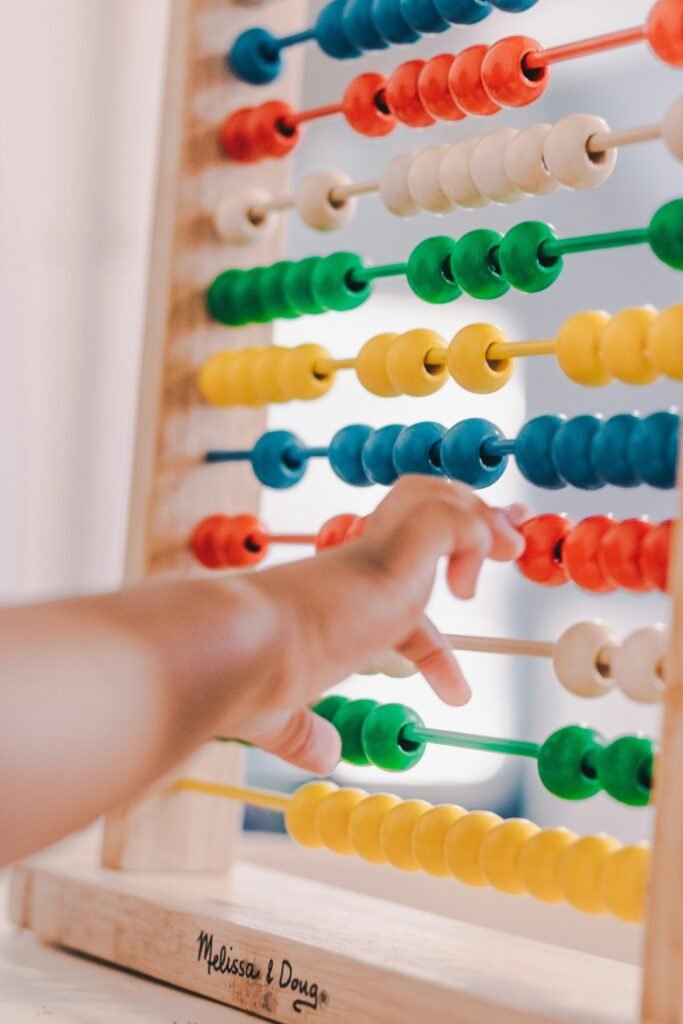
Montessori education is offered in public and private schools across the globe, including:
– United States: Over 5,000 Montessori programs, many public-funded
– United Kingdom: Supported by organizations like Montessori Centre International
– Pakistan: Increasingly popular in urban centers with schools offering Montessori programs
– India: Well-integrated at the pre-primary level in elite and middle-income urban schools
The global rise of Montessori reflects parents’ growing desire for personalized, holistic education.
Conclusion
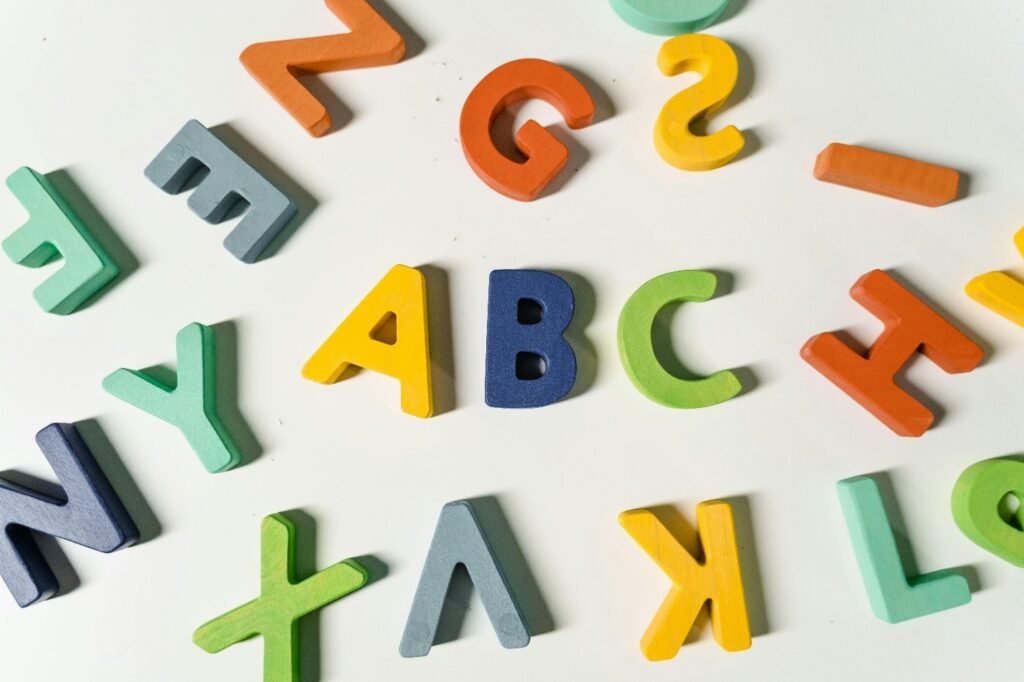
Montessori education offers a unique, child-centric alternative to traditional schooling. Rooted in independence, exploration, and respect, it equips children with critical life skills in a nurturing environment.
Whether you are a parent, educator, or policymaker, understanding Montessori can help in choosing or creating better educational paths.
